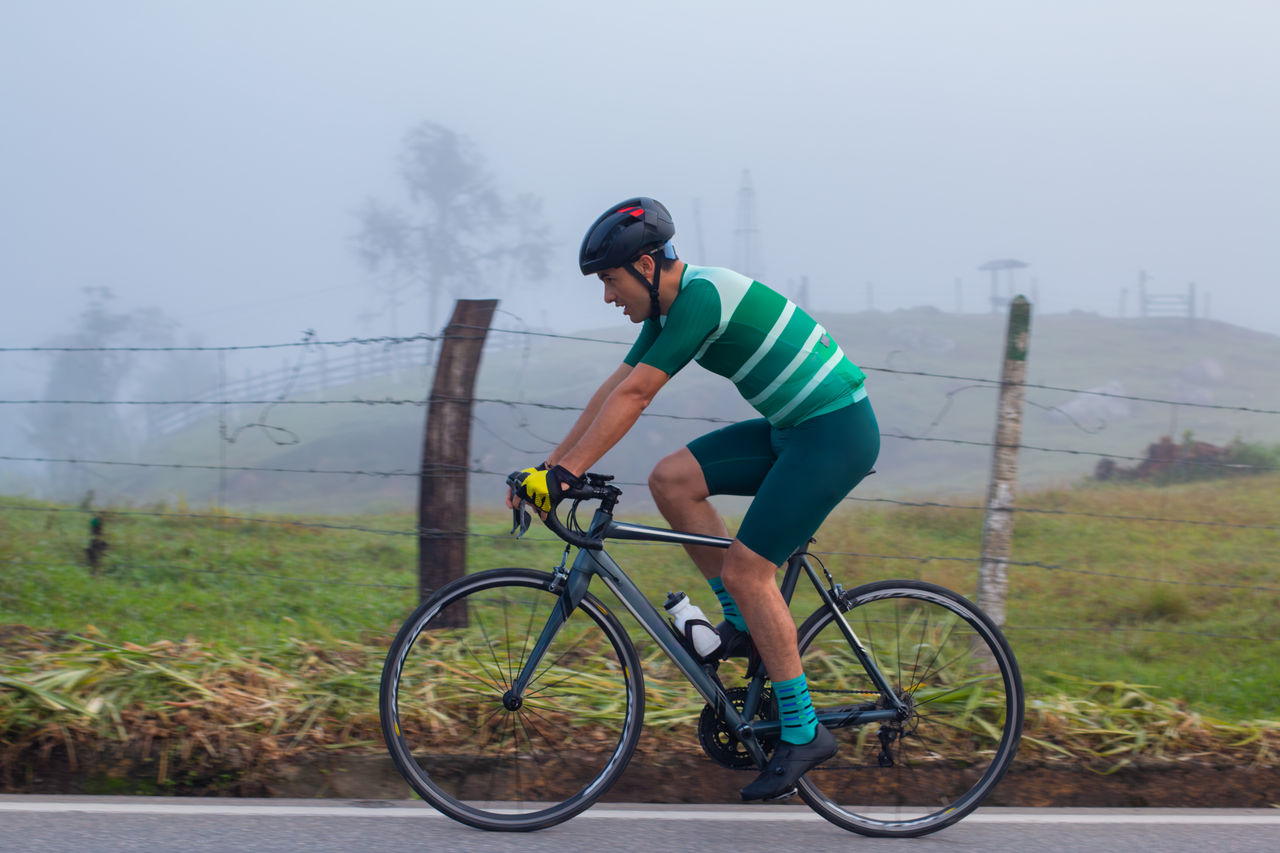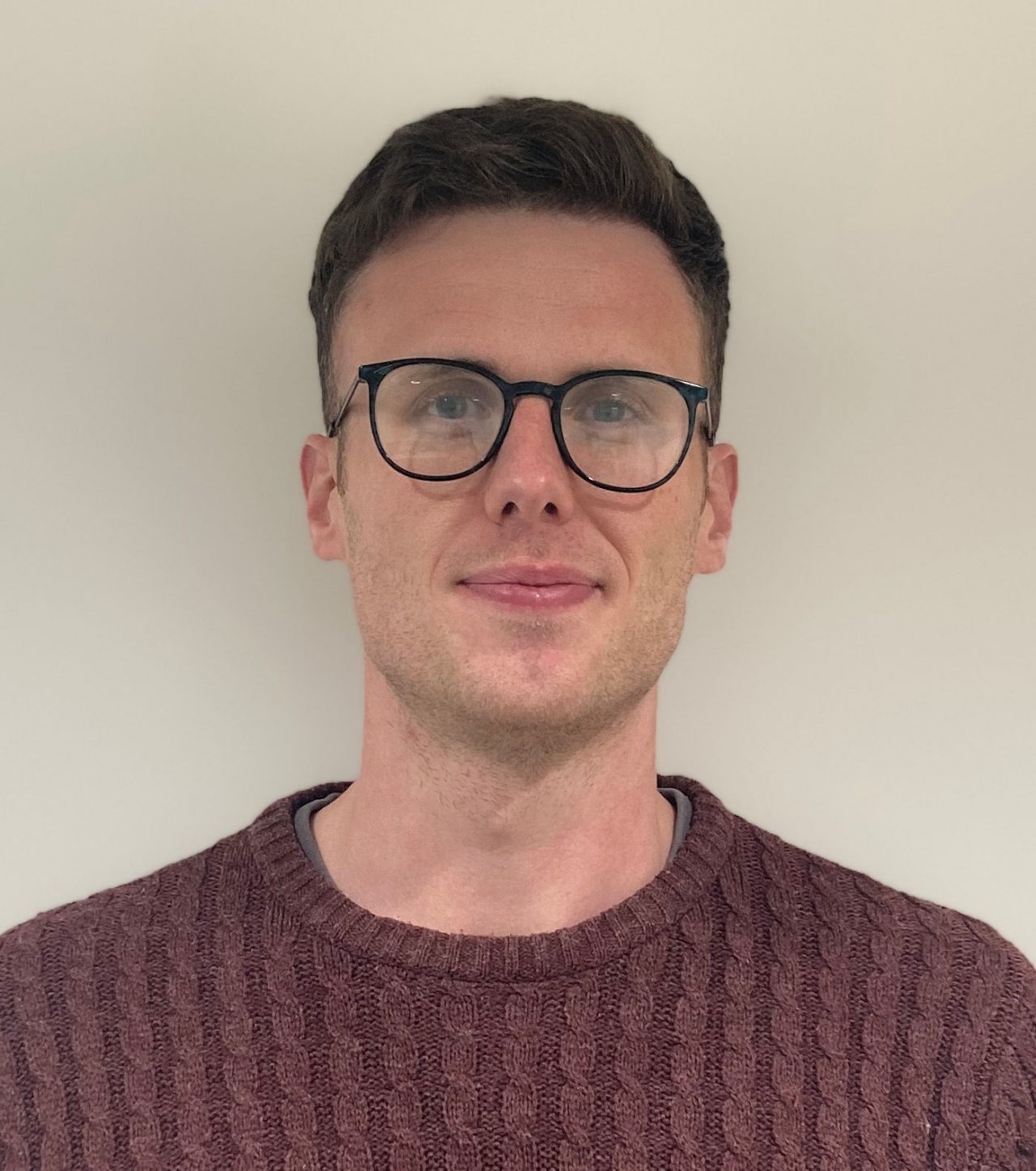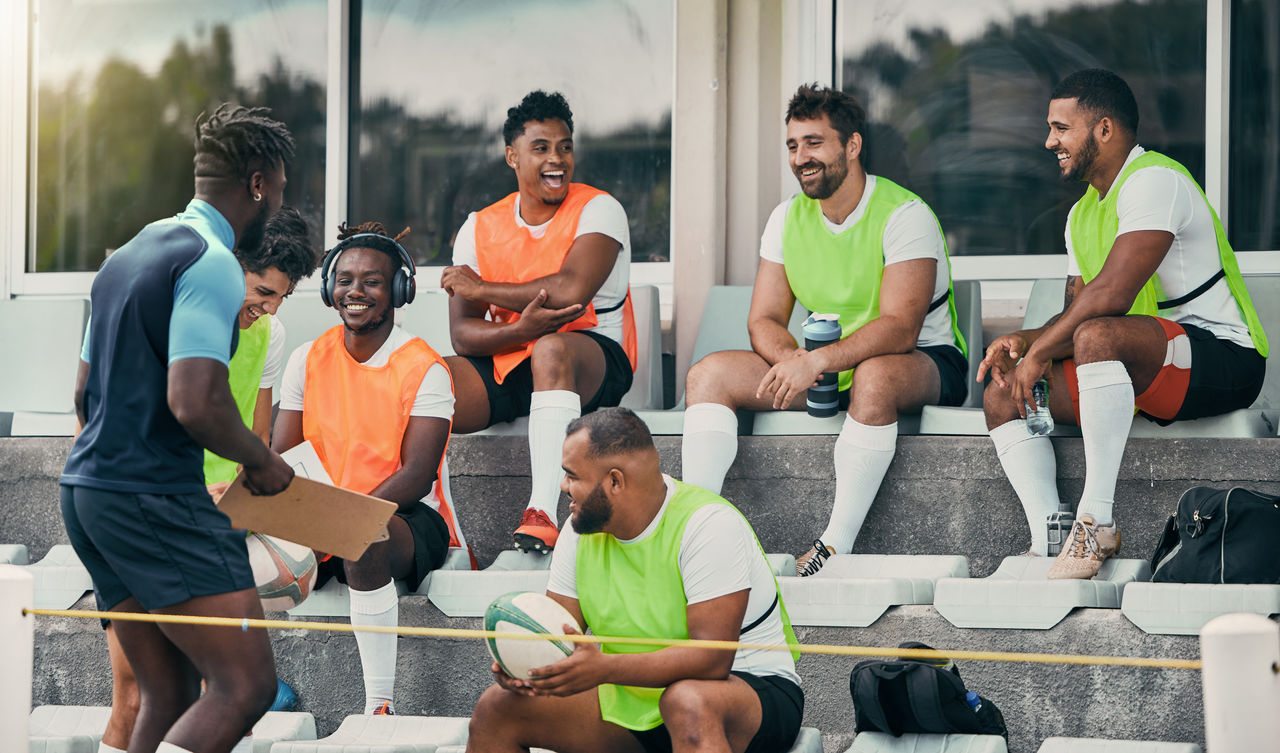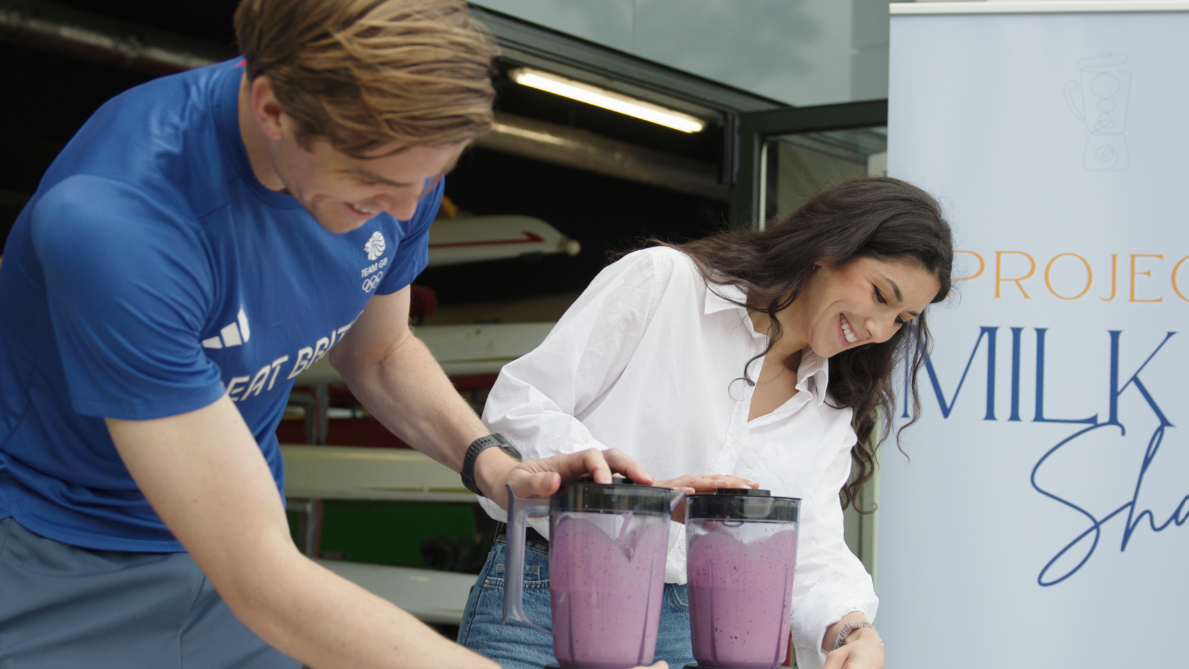Performance nutritionist Paul Fairbairn was awarded a GetPRO Professional Grassroots Sports Nutrition Grant in 2024. He divides his time between research, teaching, and real-world application of sports nutrition.
Rooting for Grassroots Athletes
With the GetPRO grant, I devised a programme that would provide something for adult athletes of all levels and ages. The club has about 150 members, and they all have different strengths and abilities. The programme’s overall aim was to improve nutrition knowledge among the athletes, foster positive eating habits, and empower women – who are often underrepresented in sports science research.
Supporting the Zoom Triathlon Club is a natural extension of what I’ve been doing all my life. I grew up playing sports and, like many practitioners, always dreamt of becoming an athlete. I was introduced to nutrition first as a child when my mum taught me to cook simple homemade meals, with my interest growing over the years and leading to studying a degree in Sport and Exercise Science at Leeds Beckett University. I have always supported grassroots sports and got involved with providing nutritional support to sports clubs while studying for a master’s in Public Health Nutrition at Queen Margaret University and then a PhD in Human Nutrition at Bournemouth University..”
Why I Chose Triathlons and Triathletes
With several races under my belt in triathlon, I felt I could understand first-hand the demands of the sport and the needs of the athletes. I think that blend of science and empathy helps me be a better practitioner.
Endurance sports like triathlon and running provide unique opportunities to stay active, compete and succeed across different age groups. I wanted to help athletes of all ages and abilities to achieve their goals and feel empowered through nutrition.
I wanted to give special attention to the needs of female athletes. I am very fortunate to work alongside some brilliant women researching female health across the lifespan, and my own PhD research focused on helping women over 60 with both their physical and cognitive health. Although progress is being made within the research to address the gender gap, I feel like the way the science is often communicated can be confusing and -- in some cases -- even misleading. I wanted to work on addressing that gap. I dedicated a separate session to the female athlete covering hot topics across the entire lifespan including menopause and healthy ageing, and the women who took part provided really positive feedback.
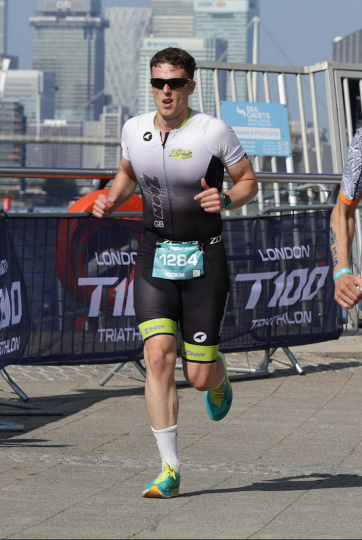
Science-backed Nutrition for Optimal Results
My approach included group sessions, one-to-one nutritional coaching and the development of educational resources. Over the course of the project, I led four webinars. In addition to a session on nutrition for female athletes, we also covered the fundamentals of fuelling endurance athletes, low energy availability, RED-S, body image, and how to fuel for race days.
Each session ended with a live Q&A, and recordings were made available afterwards to accommodate those with busy schedules. This approach allowed me to reach a large number of members both within the Zoom club and actually the wider endurance athlete community in Dorset.
Alongside the webinars, I provided one-to-one nutrition support to athletes according to their age, gender, experience and training goals, which helped them develop nutrition strategies for races. One of the participants, Jenny, said that she loved the holistic approach and that our time together changed the way she thought about fuelling and what her body is capable of achieving. Jenny went on to win her age group at Ironman Leeds and qualify for the Ironman World Championships in Kona.
As part of the service I provided dietary assessments, personalised nutrition plans, educational resources, and tools for monitoring nutrition and performance. The educational resources were developed to be shared digitally, and in a way help athletes become their own performance nutritionist. Everything I did was informed by behaviour-change strategies. I didn’t just want to provide information; I wanted to truly elicit lasting change in the people I worked with.
Real Results: What Athletes Achieved
The project’s key strength was its focus on inclusive, athlete-centred care, grounded in scientific rigour but communicated in a practical, human way.
While outcomes varied for each athlete, the most common benefits they experienced were:
- Improved intra-session and race day fuelling and recovery strategies
- Enhanced training performance and personal bests
- Healthier relationships with food and reduced fixation on body weight
- Better understanding of the demands of endurance sport
- Fat loss in cases where appropriate and athlete-driven
Some personal achievements by athletes included:
- Ironman age group winner and World Championship qualification
- Age group winner at in Trail Marathon
- Achieved 4:27 personal best at London Marathon
- Achieved sub-6-hour goal at Ironman 70.3 Aix En Provence
- Completed Ironman Austria
- ·Ranked 22nd overall and 15th in age group at 51fiver Triathlon
Key Challenges and Learnings
Key challenges included:
- Encouraging people to attend webinars can be difficult; I wish I had thought about getting marketing support or asking for pre-sign-ups.
- I trialled new software that relied on athletes tracking their dietary intake but many found this to be burdensome, so I pivoted to a different approach instead.
I refined my coaching systems, enhanced my reflective practice and aligned my work with values that matter to me - like accessibility, compassion and evidence-based support. Ultimately, I found the ability to develop and run the programme a deeply rewarding experience.
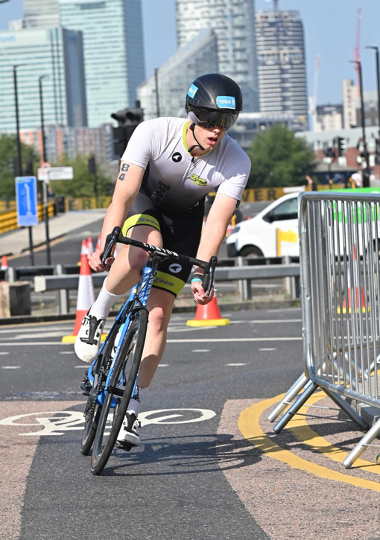
Top tip for nutritionists looking to make a difference in grassroots sports
My top tip is to actively involve the athletes in their care. Grassroots athletes often face unique challenges balancing their careers and family commitments around ambitious sporting goals.
Don’t assume that the approach you take with professional athletes will work for them. Take the time during your consultation to truly understand their life.
Listen carefully so you can meet them where they are and suggest positive changes they could make. Ask them for their opinions throughout the process; you have a deep understanding of nutrition but no one knows their body and their life better than the athletes themselves. Working together in a collaborative manner will get results.
What’s Next?
I have continued to refine the process and have now started my own sports nutrition consultancy. I want to create a group coaching platform to make sports nutrition accessible to more people at affordable rates and for personalised, athlete-centred, pragmatic sports science to be available to everyone. The grant was a springboard to allow me to take this next step.
Find out more
The GetPRO Professional Grassroots Sports Nutrition grant in funded by Danone’s GetPRO Professional programme and hosted in proud partnership with The Nutrition Society. Find out more: https://www.getpro.co.uk/getproprofessional/grassroots-grants.html
you may also be interested in
Disclaimer: This information is intended for Health and/or Nutrition Professionals working within the field of sport and performance nutrition, including sports nutritionists, dietitians, sports scientists, coaches, athletic trainers and others who have professional training in nutrition and human physiology.
